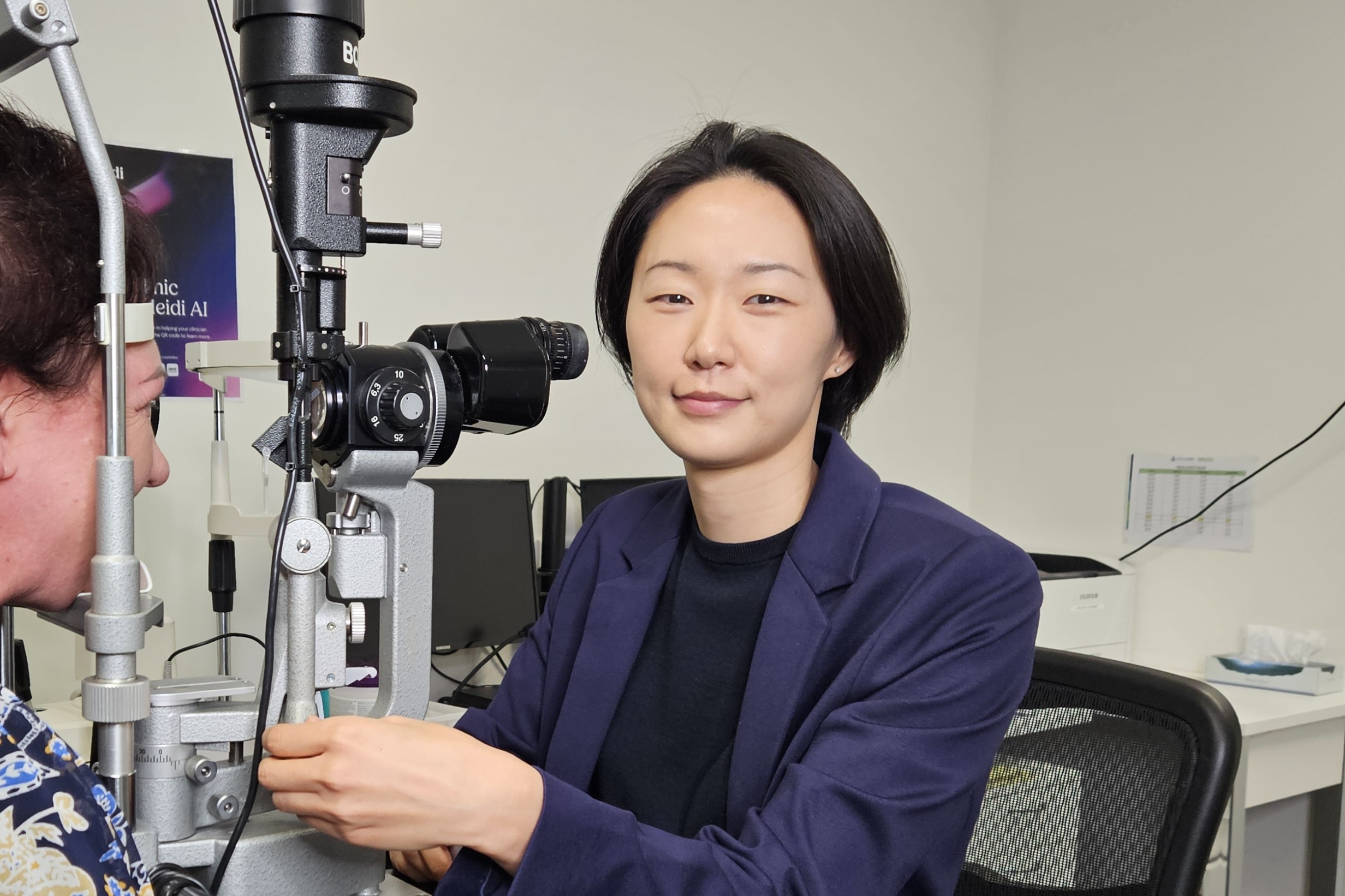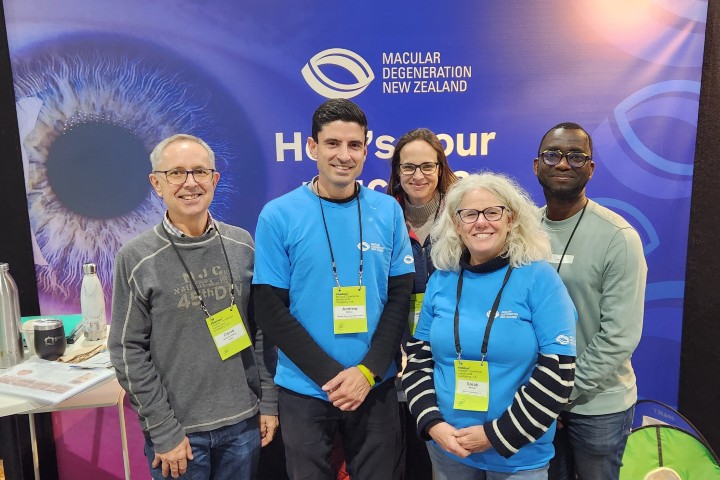Stress genetically ages eyes
A University of California, Irvine (UCI) study found the cumulative impact of intraocular (IOP) fluctuations is directly responsible for the ageing of retinal tissue, an important component of retinal ganglion cell death in glaucoma.
Together with her UCI colleagues, Dr Dorota Skowronska‐Krawczyk, Center for Translational Vision Research member and assistant professor in the Departments of Physiology & Biophysics and Ophthalmology, described the transcriptional and epigenetic changes happening in the ageing retinas of mice in Aging Cell. The team showed stress, such as elevated IOP, caused retinal tissue to undergo epigenetic and transcriptional changes similar to natural ageing. In young retinal tissue, repetitive stress induced features of accelerated ageing, including accelerated epigenetic age. “Our work emphasises the importance of early diagnosis and prevention as well as age-specific management of age-related diseases, including glaucoma,” said Dr Skowronska-Krawczyk. “The epigenetic changes we observed suggest that changes on the chromatin level are acquired in an accumulative way, following several instances of stress. This provides us with a window of opportunity for the prevention of vision loss, if and when the disease is recognised early.”
The team is now working to understand the mechanisms involved behind accumulative changes in ageing to find potential targets for therapeutics, she said.






















